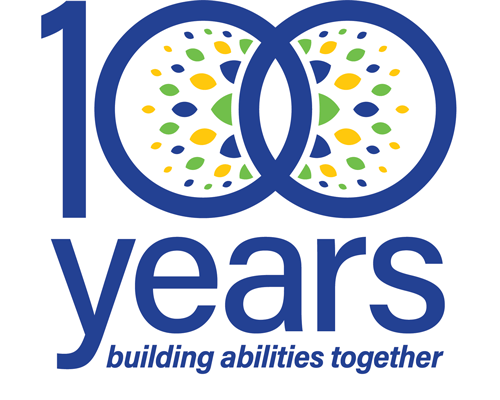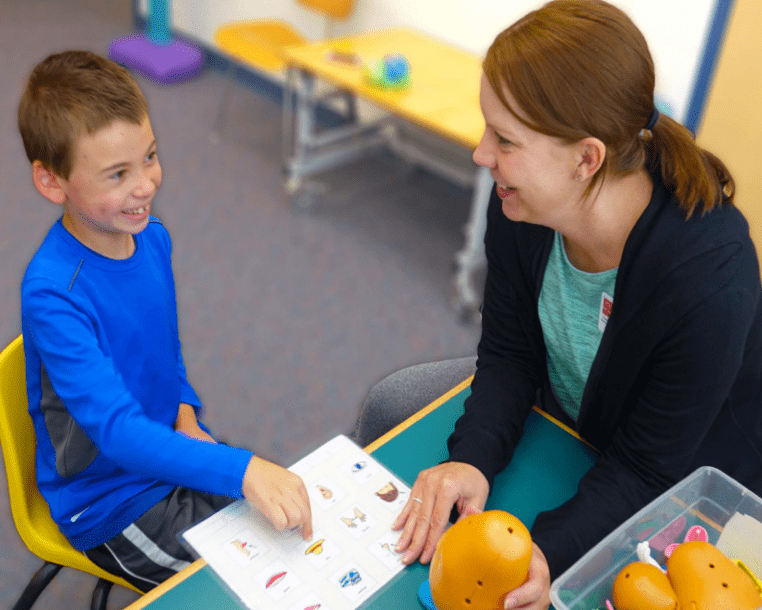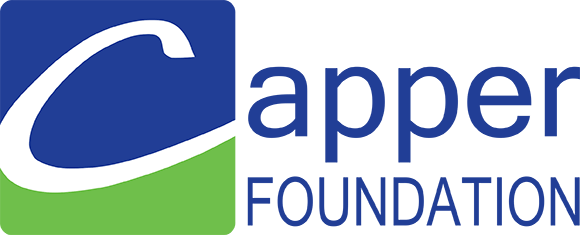Brody (2016)
Disclaimer: The following was excerpted from an article in the Capper Foundation Archives. The choice of words used at the time this was written may not reflect current Capper Foundation inclusive language and views.
Brody (2016)
In the Summer of 2014, Brody began receiving services at Capper Foundation, including Occupational, Speech and Physical Therapy. For the first 10 months of Brody’s life, nothing seemed too out of the ordinary.
 At 11 months, Brody experienced his first seizure and was diagnosed with Global Developmental Delay. He was primarily non-verbal when he began therapy, using words only in intervals. He also struggled to walk and had trouble balancing.
At 11 months, Brody experienced his first seizure and was diagnosed with Global Developmental Delay. He was primarily non-verbal when he began therapy, using words only in intervals. He also struggled to walk and had trouble balancing.
“When you have a son or a daughter that does not function to the ‘normal standards’ as people would say, you feel left out,” Brody’s father Don said. “You feel on an island sometimes and Capper allows families to have an outlet, a way to attack it and a way to overcome it. They give you goals.”
An iPad was used for assistive technology when Brody began seeing Speech Therapist, Jenny Stous. This helped Jenny discover that Brody had a lot of words in his vocabulary, but he didn’t have the oral motor skills to produce them clearly. Brody now uses flash cards for memory recognition and labeling of household objects, animals, colors, different foods and everyday toys. They also do drills putting two words together and combining them to help with speech and articulation.
“Speech helps us get our wants and needs met,” Jenny explains. “If we can’t tell someone that we’re hurt or we need help or we’re happy, our quality of life isn’t there. For Brody, he is able to tell us he is happy or he wants to eat or he just wants to go play. He has the ability to do that. To hear him speak now and use sentences and words, it is just amazing! Brody is a hard worker and it shows.”
In Occupational Therapy, Brody is focused on learning daily life skills such as dressing and basic play skills. The goal is for him to be as independent as he can be, to pursue his interests as he gets older, and to be able to participate with his family and friends.
“It is very rewarding to see kids learn to put their shoes on and tie them without moms help,” Jessica Chandler, Occupational Therapist noted. “These achievements give Brody and other kids a sense of power and a sense of meaning!”
Physical Therapist, Kim Coker, explained the main focus when she first began working with Brody was to get him to walk up and down the stairs by himself. Brody struggled with using both feet, so Kim focused on isolating and strengthening his weak foot. This was accomplished by implementing activities that he enjoyed, like using the basketball goal and riding the big tricycle. He is now walking up and down stairs unassisted.
“It’s hard to watch your child not be able to do things or to watch your child struggle,” Kim said. “Anything we can do to make that not so hard, we like to do.”

